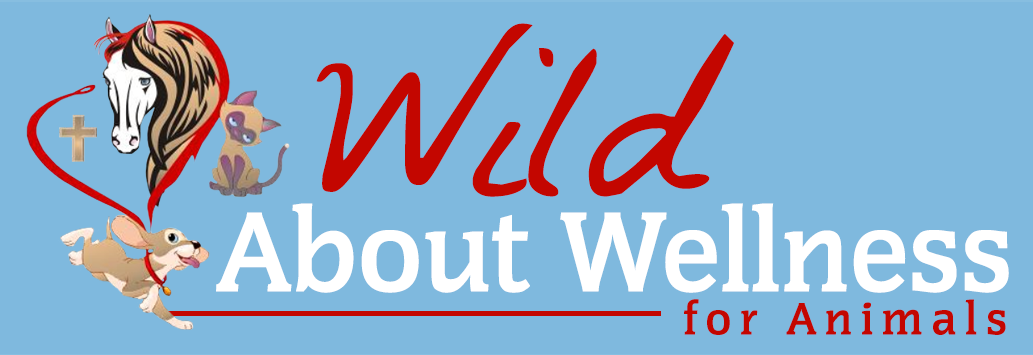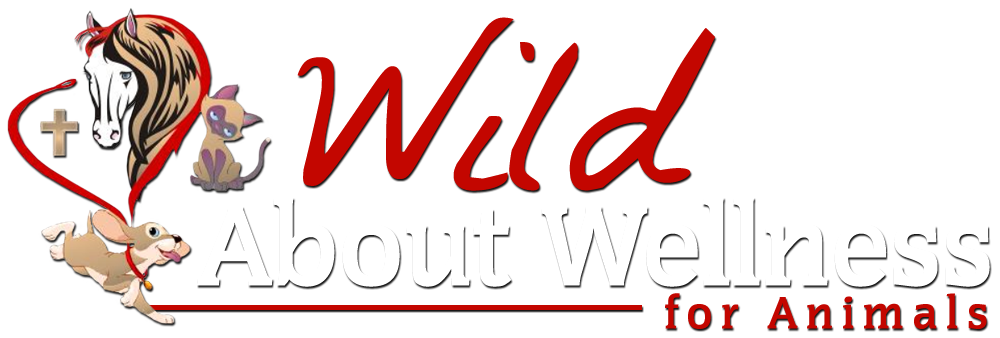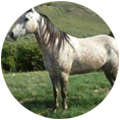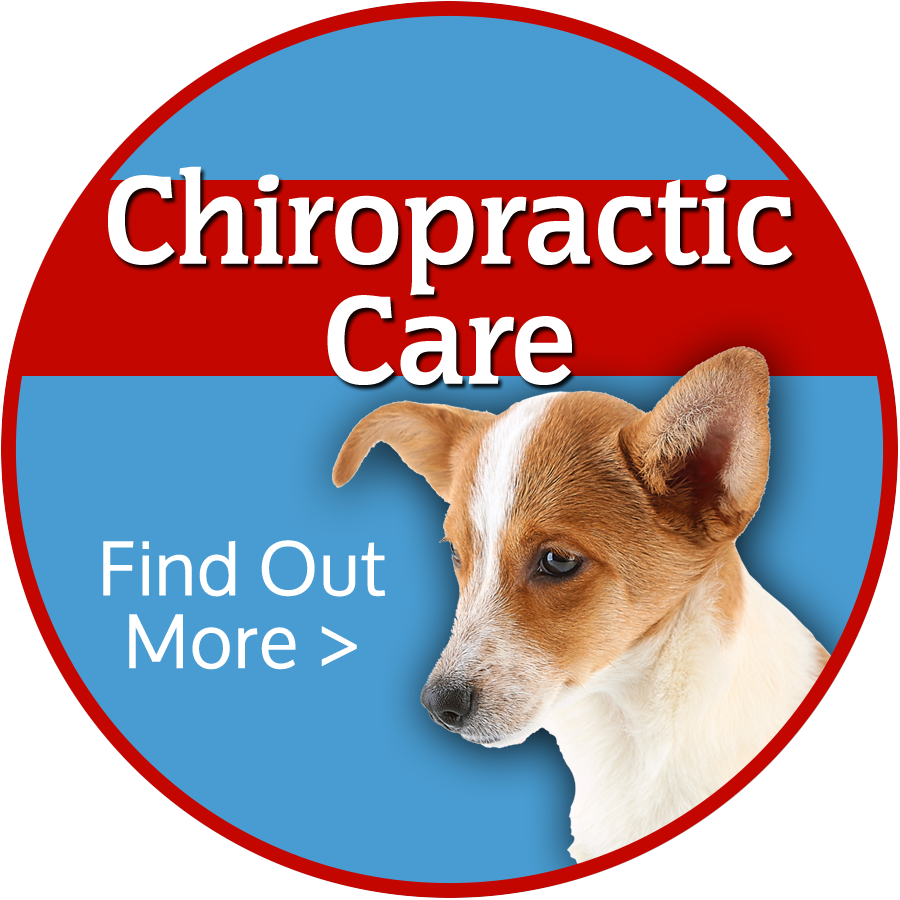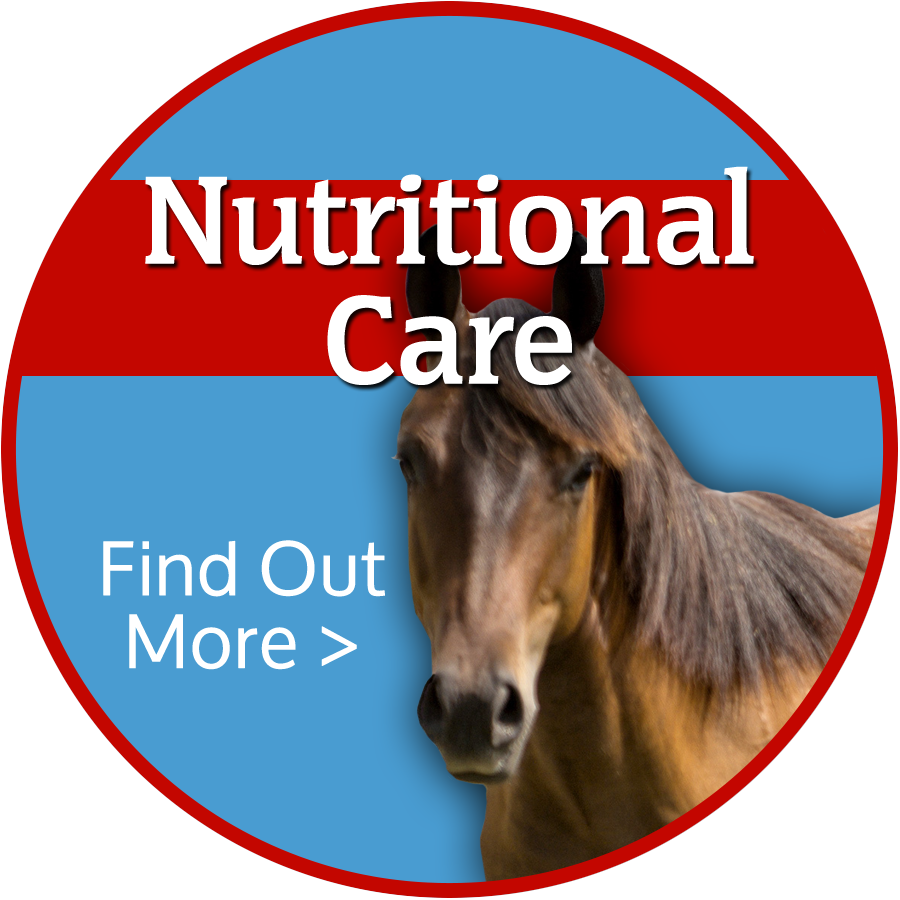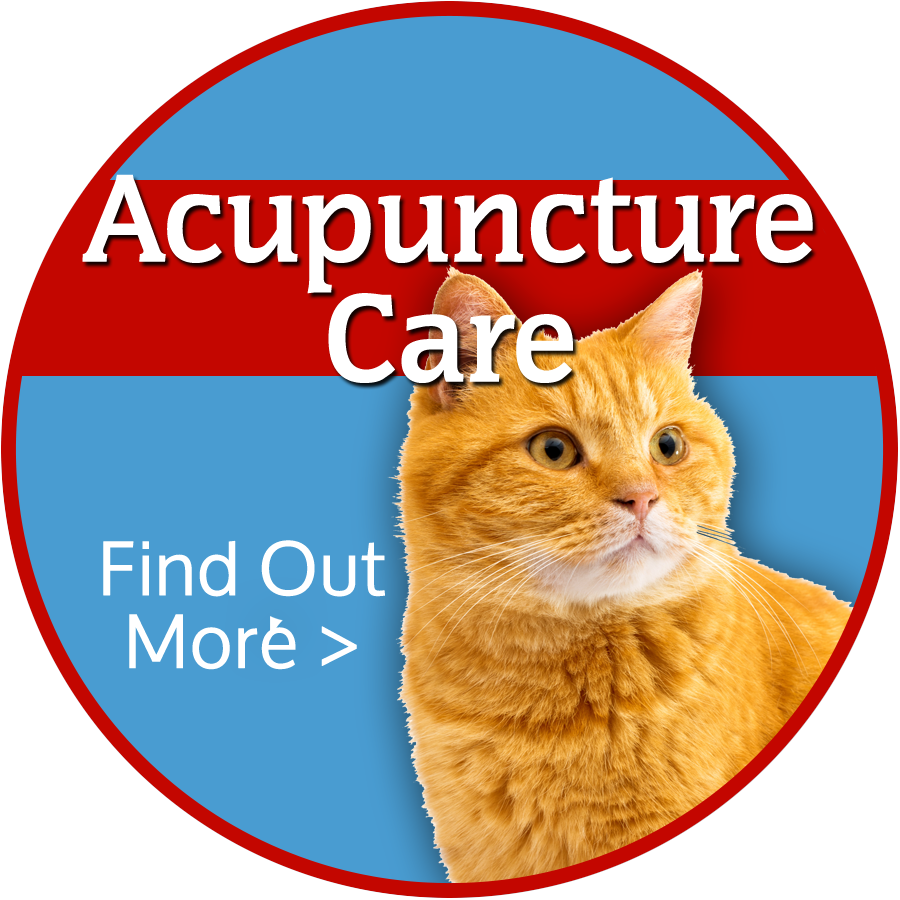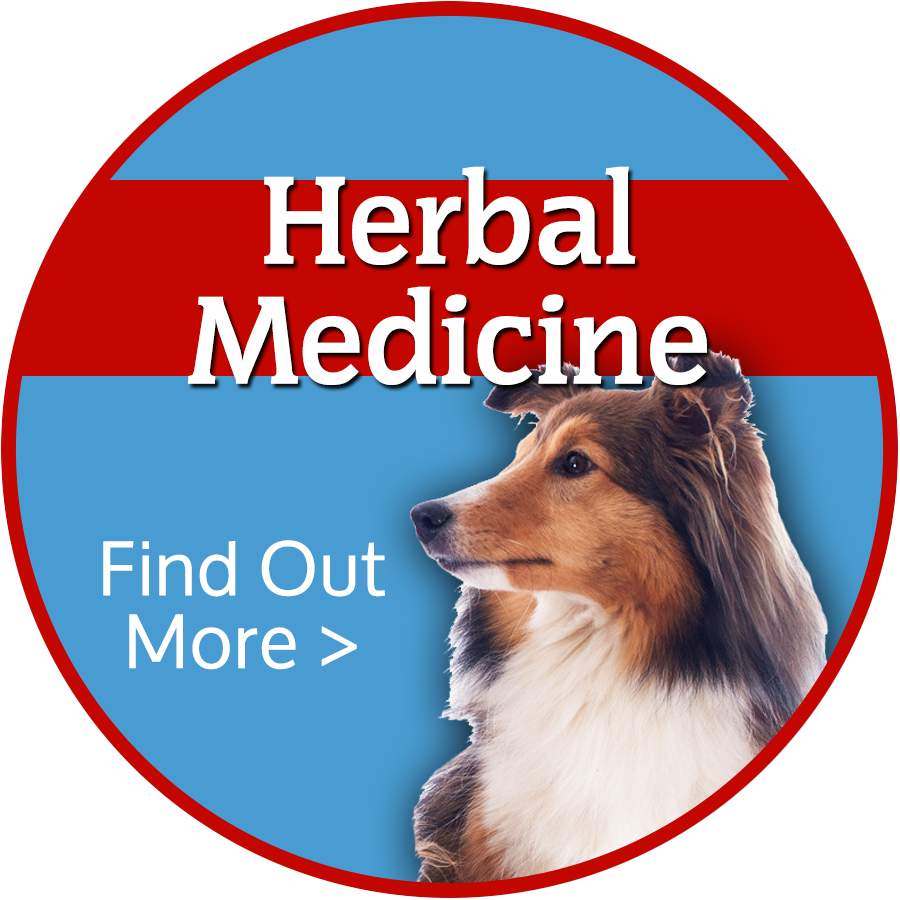
Equine Nutrition
What kind of hay should I feed my horse?
It really depends on each individual horse!
- Horses with a slow metabolism or metabolic disease are better off with only grass hay.
- Some hard keepers may do better on a grass alfalfa mix.
- Some owners find that their horse is “too hot” or “grumpy” when on alfalfa.
- Alfalfa may give some horses diarrhea.
- Straight alfalfa should not be fed because it’s hard on the horse’s kidneys!
- Hay can differ widely in protein, carbohydrate and nutrient content based on time of year and the soil of that particular area where the hay is grown, making things more complicated!
Does my horse need grain?
(rice, barley, oats, millet & corn)
- Grains should be kept to a minimum and reserved for horses that are in heavy training, if a complete feed is not sufficient.
- Grains in horses have been linked to ulcers, personality changes (e.g. aggression), and systemic inflammation (ex. tying up, muscle soreness).
- Beet pulp is one great option for increasing calories in horses and because of its fiber quality I have found it to be beneficial in preventing sand colics in my horses. Sand clear and psyllium did not stop them from having colic episodes, but the beet pulp fed daily did.
- It should be noted that most complete feeds have grains in them and may not be well tolerated by horses that are prone to tying up or have ulcers!
What about parasites and dewormers?
- Ask your vet to have a fecal egg count done to know what parasites your horse has and the severity of the worm burden. Deworm accordingly.
- Studies are showing that many parasites have become resistant to the dewormers so deworming in of itself is not a guarantee you horse doesn’t have worms.
How do I know if my horse has ulcers and what causes ulcers?
- Ulcers can only be definitively diagnosed by endoscopy, but due to the expense, a trial of an omeprazole product may be administered.
- Some signs of ulcers include: refusing to eat grain, poor appetite, laying down more than usual, poor performance, attitude changes, weight loss, dull hair coat, colic, diarrhea. It’s possible to only exhibit one of these signs.
- Ulcers may be caused for a variety of reasons including: Stress in their environment from lack of exercise or the stress of performance, confinement, difficult interactions with other horses/animals, meal feeding (horses produce stomach acid continuously and are designed to graze throughout the day), medications such as bute and banamine and feeding grains.
Schedule an appointment or consultation for my Chiropractic, Nutrition or Acupuncture service for your pet.
